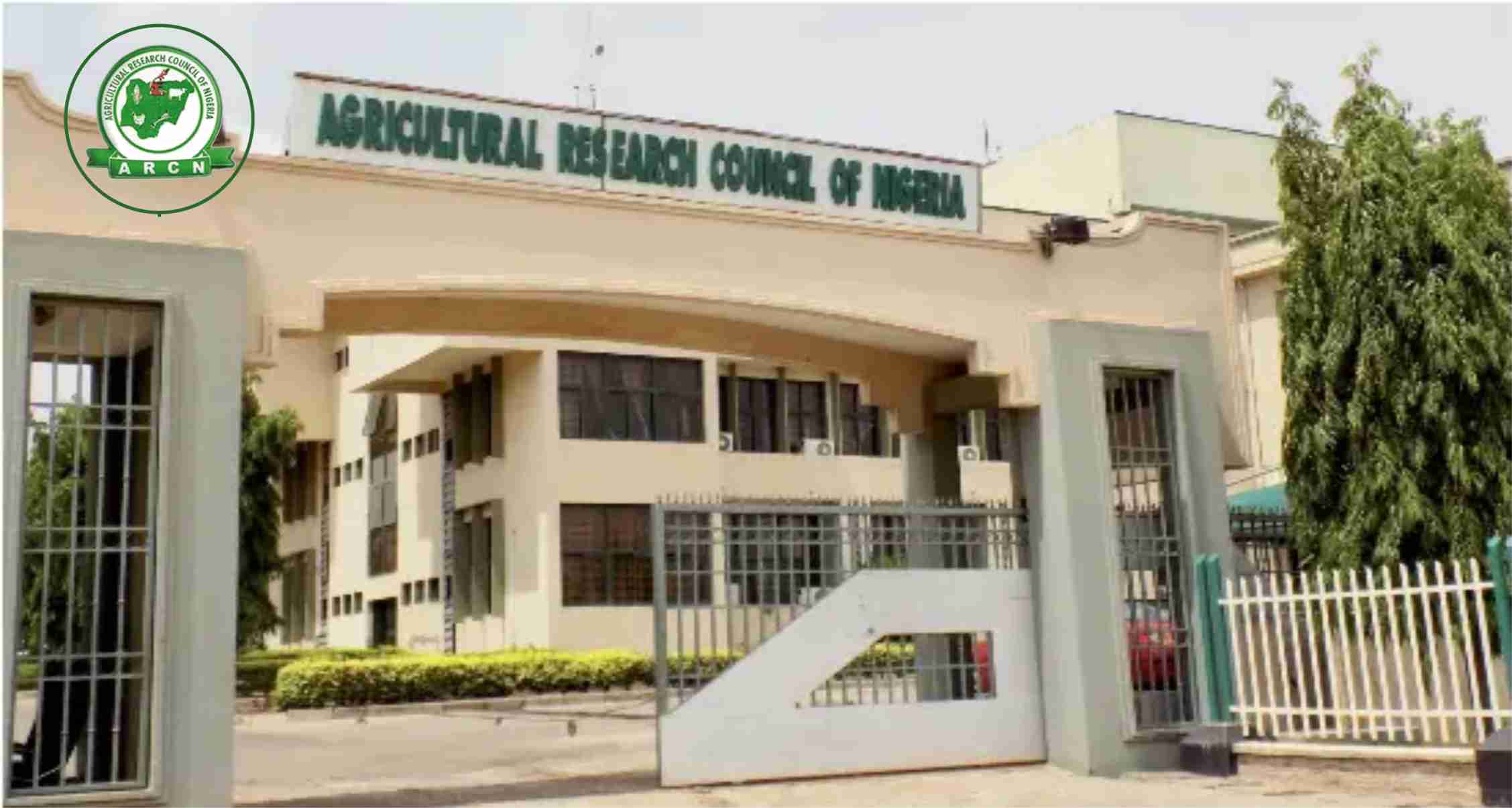Agriculture has always been the backbone of Nigeria’s economy, sustaining millions of livelihoods and serving as a critical pillar for food security and export revenue. In the vast expanse of the nation’s agricultural landscape, the Nigeria Agricultural Quarantine Service (NAQS) stands as a sentinel, safeguarding the integrity, quality, and safety of Nigeria’s agricultural produce. This feature article explores the pivotal role of the NAQS, its achievements, challenges, and its indispensable contribution to the nation’s agricultural development.
The Nigeria Agricultural Quarantine Service was established as a regulatory agency tasked with preventing the introduction, establishment, and spread of harmful pests and diseases of plants, animals, and aquatic resources. Operating under the aegis of the Federal Ministry of Agriculture and Rural Development, the NAQS is responsible for ensuring that Nigeria’s agricultural products meet international standards for export and that imported agricultural commodities are free from harmful pests and diseases.
The agency’s primary functions include:
Inspection and Certification: Ensuring that all agricultural imports and exports comply with quarantine regulations.
Surveillance: Monitoring and controlling pests and diseases within the country.
Policy Implementation: Developing and enforcing quarantine laws and policies to protect Nigeria’s agricultural sector.
Capacity Building: Training stakeholders on best practices in pest and disease management.
Nigeria’s ambition to diversify its economy has made agricultural export a critical focus. However, meeting the stringent phytosanitary standards of international markets has been a significant hurdle. The NAQS has risen to this challenge by implementing rigorous inspection and certification processes for export-bound agricultural products.
Through the introduction of the Export Improvement Initiative, the agency has facilitated the export of commodities such as cocoa, sesame seeds, cashew nuts, ginger, and hibiscus. By working closely with exporters, the NAQS ensures compliance with international standards, thereby reducing the rejection rate of Nigerian products in global markets.
One notable success story is the resurgence of Nigeria’s hibiscus export to Mexico. After a temporary suspension due to phytosanitary issues, the NAQS worked diligently to address the concerns, resulting in the restoration of this lucrative export trade.
Pests and diseases pose a significant threat to Nigeria’s agricultural productivity. The NAQS’s surveillance and rapid response mechanisms have been instrumental in combating outbreaks. The agency’s efforts in controlling the Fall Armyworm, avian influenza, and other invasive species have helped mitigate potential losses in the agricultural sector.
By establishing quarantine stations across the country’s borders, airports, and seaports, the NAQS has created a robust defense system against the introduction of foreign pests and diseases. This proactive approach protects local agriculture from biosecurity threats, ensuring the sustainability of Nigeria’s food systems.
Despite its critical role, the NAQS faces several challenges that hinder its operations. These include:
Inadequate Funding: Limited financial resources affect the agency’s ability to deploy advanced technologies and expand its operations.
Insufficient Infrastructure: The lack of state-of-the-art quarantine facilities undermines the agency’s effectiveness.
Stakeholder Compliance: Ensuring adherence to quarantine regulations by farmers, exporters, and importers remains a persistent challenge.
Public Awareness: Many stakeholders are unaware of the importance of quarantine measures, leading to non-compliance and increased biosecurity risks.
To address these challenges, the NAQS has outlined a strategic vision aimed at enhancing its capacity and impact. Key aspects of this vision include:
Technological Advancement: Embracing modern technologies for pest detection, disease surveillance, and data management.
Infrastructure Development: Establishing more quarantine stations and upgrading existing facilities.
Public Awareness Campaigns: Educating stakeholders on the importance of quarantine measures and their role in agricultural development.
International Collaboration: Strengthening partnerships with international organizations to align with global best practices.
The Nigeria Agricultural Quarantine Service is a cornerstone of the nation’s agricultural sector, playing a critical role in ensuring food security, protecting biodiversity, and facilitating international trade. While challenges persist, the NAQS’s unwavering commitment to its mandate continues to drive progress.
As Nigeria seeks to position itself as a global agricultural powerhouse, the role of the NAQS cannot be overstated. By addressing its challenges and leveraging opportunities, the agency can further enhance its impact, ensuring that Nigeria’s agricultural produce remains competitive and its agricultural ecosystem resilient.
For stakeholders in the agricultural value chain, supporting the NAQS is not just an obligation but an investment in the future of Nigeria’s agriculture. Together, we can safeguard the nation’s agro-sanctity and unlock its full potential on the global stage.
Animal Quarantine
The Animal Quarantine Department exercises the veterinary functions of the Agency. It performs health inspection of export and import live animals, including dogs, cattle, cats, horses, sheep, goats, turkey, poulets/old chicks, eggs, parent stock and pet birds.
It verifies import and export permits issued by the office of the Director, Federal Department of Livestock and Pest Control Services for the importation/exportation of animals and their products. It authenticates international veterinary certificate accompanying imported animals and their products (e.g talon, horn and hooves, blood meal, hatchable eggs, milk etc.) It also certifies veterinary health certificate which is a prerequisite for the acquisition of export permit and CITES permits from the Federal Ministry of Environment.
The Department carries out surveillance for the presence of contagious animals and zoonotic diseases as well as other diseases of economic importance at all points of entry. It also inspects trade animals at designated quarantine control posts. It intercepts, seizes, quarantines (for 2-3 weeks) or destroys animals, animal products, day-old chicks, vaccines, sera, semen, embryo/ova and biogents suspected to carry contagious disease or found to have been illegally imported.
Plant Quarantine
The Plant Department of Nigeria Agricultural Quarantine Service protects the cultivated crops and the natural flora from destructive foreign plant pests. It also ensures that our agricultural exports meets international standard set by IPPC and WTO/SPS Agreement and specific phytosanitary requirements of countries importing plants, plant products, and other regulated articles from Nigeria.
To achieve the above objectives, the following functions are performed: Issuance of import permits for:
- Plant products
- Soil
Bio-control agents and other regulated articles (e.g solid wood packaging material)
Inspection, treatment (where necessary or mandatory) and certification of plant germplasm, commercial seeds, ornamentals, plants and their products (e.g grains, tubers, rubber crumbs, and cassava derivatives) for export by the issuance of phyto-sanitary certificate. Inspection of crops during active growth in the field, plant products in warehouses and storage facilities prior to certification.
Pest specialist at the post-entry station provide scientific back-up to the frontline quarantine inspectors at the entry/exit points and coordinate dliberations on draft International Standards of phytosanitary Measures (ISPMs) for in-country consultation.
Conduct pest surveillance to monitor the presence and spread of plant pests.
Aquatic Resources
Aquatic Resources Department supervises, regulates and controls import and export of aquatic resources through quality assessment and certification. It also provides scientific backup for front-line aquatic quarantine inspection at entry/exit points and authenticates international sanitary certificates. It maintains red alert status on aquatic diseases of economic importance at all points of entry.
The Department controls and prevents illegal trade in endangered or prohibited aquatic resources. It intercepts, seizes and/or destroys aquatic resources/products under ban, and highly invasive exotic species, diseases, pests in the interest of public health and the conservation of the nation’s aquatic resources as well as its biodiversity.
The Department monitors and inspects approved premises, facilities, carrier vessels, aircraft, trucks and refrigerated vehicles for holding, processing and packing of aquatic resources and their products.



